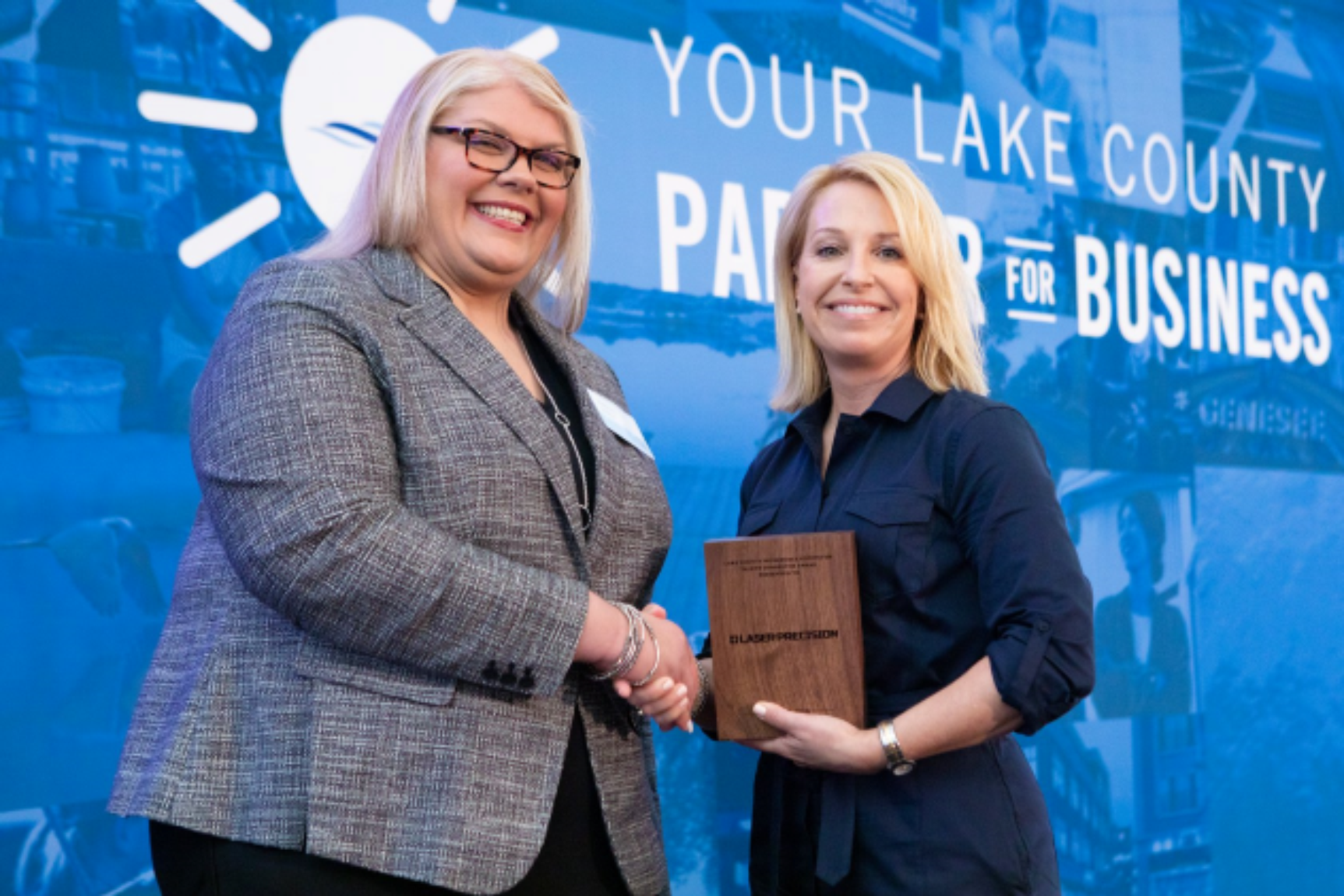Recovery & Manufacturing A Path Up (RAMP-Up) was designed to provide individuals in recovery from addiction with in-demand manufacturing training that would match up well with the needs of the local employer base. It is well known that the skills desired in new manufacturing job candidates cover everything from basic safety, to shop math and blueprint reading, to electrical theory and basic machine maintenance. The MSSC Certified Production Technician credential checked all the boxes and was selected as the curriculum of choice. It would provide an accelerated, online, and short-term training option that suited the cohort model we wanted to implement.
Having employer supporters was a key component before we started advertising the program, and we received a positive response from many of our business contacts who agreed to participate in various ways—by attending a meet and greet with the students, by serving as a potential host site for a paid internship, or by agreeing to interview and hopefully hire students upon training completion.
In addition to rounding up employer support, we brought a multitude of collaborators and partners to the table—community-based agencies that serve recovering addicts, the DuPage County Health Department, the DuPage County Sheriff’s Office/Probation, as well as our WIOA partners at College of DuPage (Title II-ABE, Perkins) and Community Services (CSBG.) This group contributed by lending expertise to the assessment tool designed to screen possible candidates, conducting outreach among the populations they were working with, finding an MSSC-qualified instructor, lending laptops to students who didn’t have their own, serving as a host site for the two evenings per week that the class met in person, and determining available funding.
Ultimately, seven students began the program in early November 2018. Their attendance and dedication to the program was remarkable and exceeded all expectations, despite sometimes significant barriers. Shortly after we held their graduation ceremony in April, we had achieved the following results—six of the seven students completed the program, with five of six earning the complete Certified Production Technician credential; all students landed employment related to their training with an average hourly wage of $16, a figure we used on our marketing materials for the second cohort, which began June 2019.
The program design is a great example of multiple partners working together, not least of which was reflected in the funding for this initiative—participants were enrolled as either Title 1A or CSBG and those funding streams would cover the costs of the students’ course registrations and fees, curriculum, exams and instructor costs, as well as any paid internships or OJT wage reimbursements that were planned for; Title II paid for a portion of the instructor costs and loaned computers to students in need; Perkins dollars were used to purchase the MSSC SkillsBoss tool intended for hands-on learning. Four federal funding streams contributed to the success of the program.

